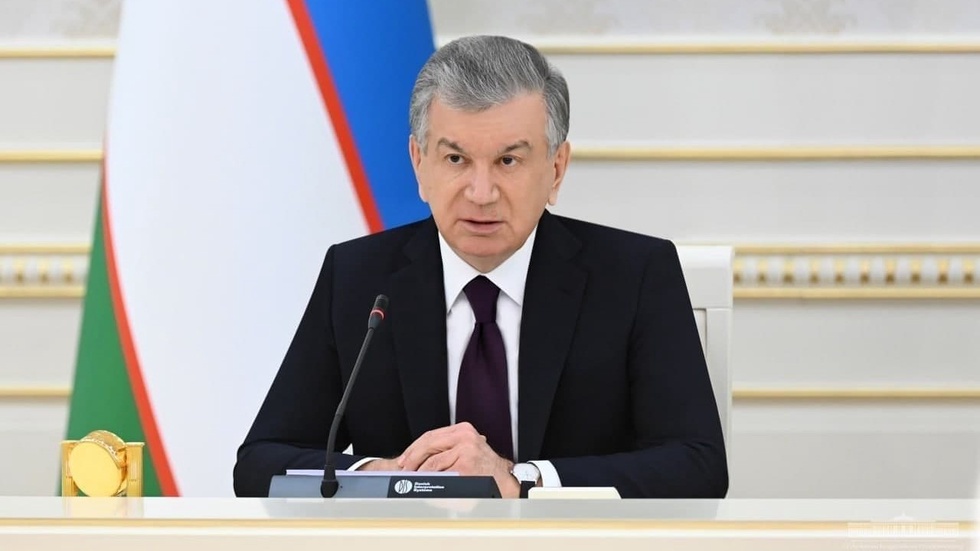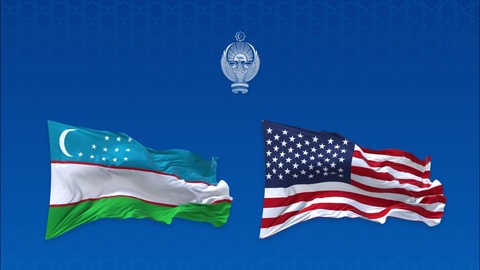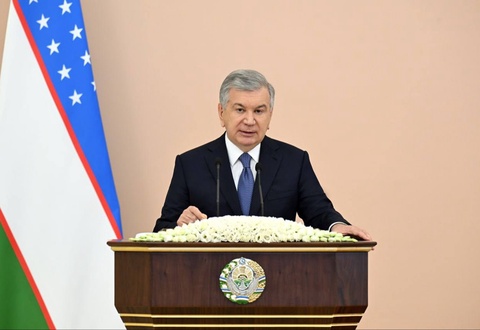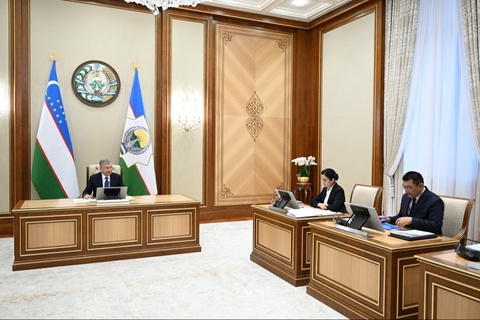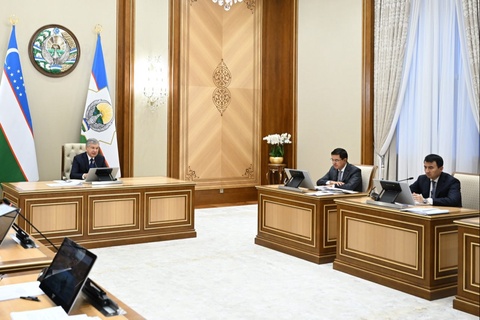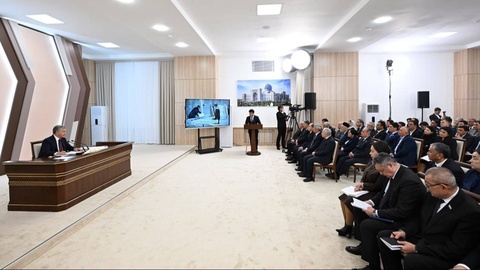“Over the past five years, this issue has not been discussed or seriously analyzed by any leader or organization. The laws and work in this area are unsatisfactory. The issue of road safety is out of control. This causes people's complaints”, the Head of the state said.
In 2021, more than 10 thousand road accidents occurred in Uzbekistan, in which more than 9 thousand people were injured. About 2.5 thousand people died.
According to the analysis, 25 percent of accidents are caused by poor road conditions and disorganized infrastructure. For example, dozens of people die annually on the roads between Pop and Turakurgan, Jarkurgan and Denau, Samarkand and Guzar, on the A-373 road section passing through Yazyavan district. Unfortunately, there are such dangerous places in every region, every district and city.
Regions where traffic accidents most often occur were announced at the meeting, and disciplinary measures against officials were determined. The Head of the Department of Internal Affairs of Namangan region, the Head of Andijan and Samarkand regional departments of Road Safety have been relieved of their posts.
It was emphasized that the cause of most road accidents is the deliberate disregard of the rules by drivers and their inexperience, as well as non-compliance with the rules by pedestrians. In this regard, the national program “Safe Roads and Pedestrian Safety” will be implemented in all regions this year.
The Legislative Chamber and the competent authorities noted the need for revising and radically improving the norms of legislation in traffic, taking into account the frequent cases of gross and repeated violations of the rules.
It is planned to introduce a system of penalty points for each offense to ensure the inevitability of punishment. For example, if a driver exceeds the speed limit, he will get 1 point, and if he runs a red light – 3 points. If the amount of violations for the year exceeds 12 points, the driver will be deprived of the right to drive and sent to re-pass the exam.
In addition, the procedure for determining the insurance premium for compulsory driver liability insurance based on penalty points will be introduced.
A new type of liability will be introduced – road hooliganism – for irresponsible driving and obstructing other road users.
Noting that the current Traffic Rules are outdated, the Head of the state instructed to update them under international standards, taking into account the opinions of specialists and drivers.
Issues of training and examination of drivers were also considered at the meeting.
The number of vehicles in Uzbekistan is growing every year, and the culture of mutual respect and the qualifications of drivers, on the contrary, is decreasing. Thus, 75 percent of road accidents were committed by drivers under 35 years of age. The curricula and textbooks taught in driving schools do not meet modern requirements.
In this regard, the Ministry of Internal Affairs is entrusted with the task of monitoring the quality of education in driving schools. It was instructed to consider the requirements for such schools and examination centers, to improve the efficiency of driving instruction and the qualifications of teachers.
The most effective way to manage traffic flows is digitalization. But work in this direction is progressing slowly.
In particular, digital management covers only 111 of 602 intersections in Tashkent. In other cities, there is no such system at all.
Tashkent City Hokimiyat has been tasked with digitalizing traffic management on the capital's roads, covering all intersections over the next two years. The implementation of such a system in the regions is entrusted to the hokims of the regions.
The necessity of developing new concepts of traffic management and safety in the city of Nukus and regional centers was emphasized.
The condition of roads and infrastructure problems was also analyzed at the meeting.
Last year, more than 10 thousand appeals on traffic issues were received from the population. In particular, more than 2 thousand intersections with active traffic and about 10 thousand pedestrian crossings are not equipped with traffic lights and other means. There are about 15 thousand kilometers of pedestrian and bicycle paths missing in the settlements.
In addition, half of the road signs do not meet the requirements. Most of the enterprises under the regional hokimiyats responsible for the installation of road signs and traffic lights use old equipment. It was determined that these enterprises will be transferred to the management of traffic safety in the relevant territory.
From now on, only the road safety system will be responsible for the installation of road signs, traffic lights and lighting equipment, marking, determining pedestrian paths in regional and district centers, and for the technical organization of traffic in general. Safe Roads and Safe Pedestrian Republican and Regional Funds will be established to finance this work.
In addition, the monopoly of the Committee for Roads on the production of road signs will be abolished, entrepreneurs will be attracted to this area.
The Head of the state instructed to make traffic on the streets more convenient for drivers and pedestrians.
“Traffic rules must be scientifically sound. A thoughtful speed limit should be set on the central streets of large cities. In particular, in front of schools and kindergartens, the speed of movement should not exceed 30 kilometers per hour. On some busy streets, it is necessary to reduce the speed from the current 70 kilometers per hour to 60 kilometers”, Shavkat Mirziyoyev said.
In this regard, the task was set to create a scientific-practical center specializing in this field.
Responsible persons of the sphere and hokims reported on the issues discussed at the meeting.


